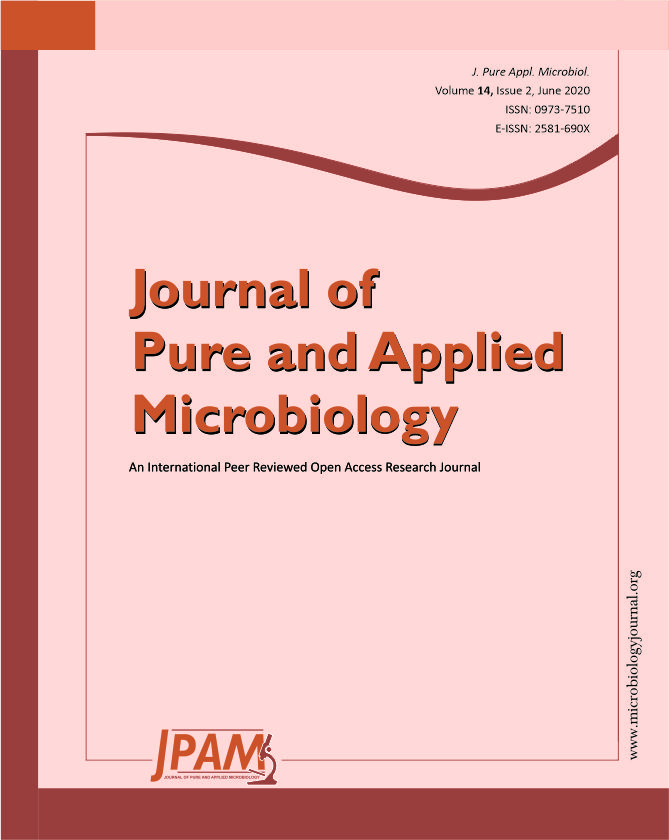Postprandial hyperglycemia (PPG) is among the earliest signs related to type 2 diabetes. Targeting the α-amylase enzyme responsible for the initial stage of carbohydrate digestion can be an effective strategy to control the PPG. With this objective, about 300 Lactic acid bacteria were obtained from different ethnic fermented foods of Sikkim and screened for α-amylase inhibitor (AAI) activity. Five isolates of Lactobacillus (Lb.) plantarum were found to inhibit α- amylase whose inhibitory potential was similar to that of copper sulfate and acarbose. Maximum AAI activity was observed within 24 hours of incubation. All the isolates were also assessed for other probiotic properties including bacterial adherence to hydrocarbons, utilization of prebiotic components, etc. Among the safety features of the isolates tested, none of the isolates was hemolytic and neither could hydrolyze gelatin. Most of the isolates were sensitive to ampicillin, chloramphenicol, and erythromycin out of twelve antibiotics tested. These isolates also showed good response to in vitro simulation of oro-gastric-intestinal transit which confirms its ability to survive in the gastrointestinal tract. Therefore, these Lb. plantarum isolates can be potential probiotic candidates with a- amylase inhibitory activity which can be further exploited for the management of postprandial hyperglycemia.
Lactobacillus plantarum, dahi, probiotic, alpha-amylase inhibitor
© The Author(s) 2020. Open Access. This article is distributed under the terms of the Creative Commons Attribution 4.0 International License which permits unrestricted use, sharing, distribution, and reproduction in any medium, provided you give appropriate credit to the original author(s) and the source, provide a link to the Creative Commons license, and indicate if changes were made.


